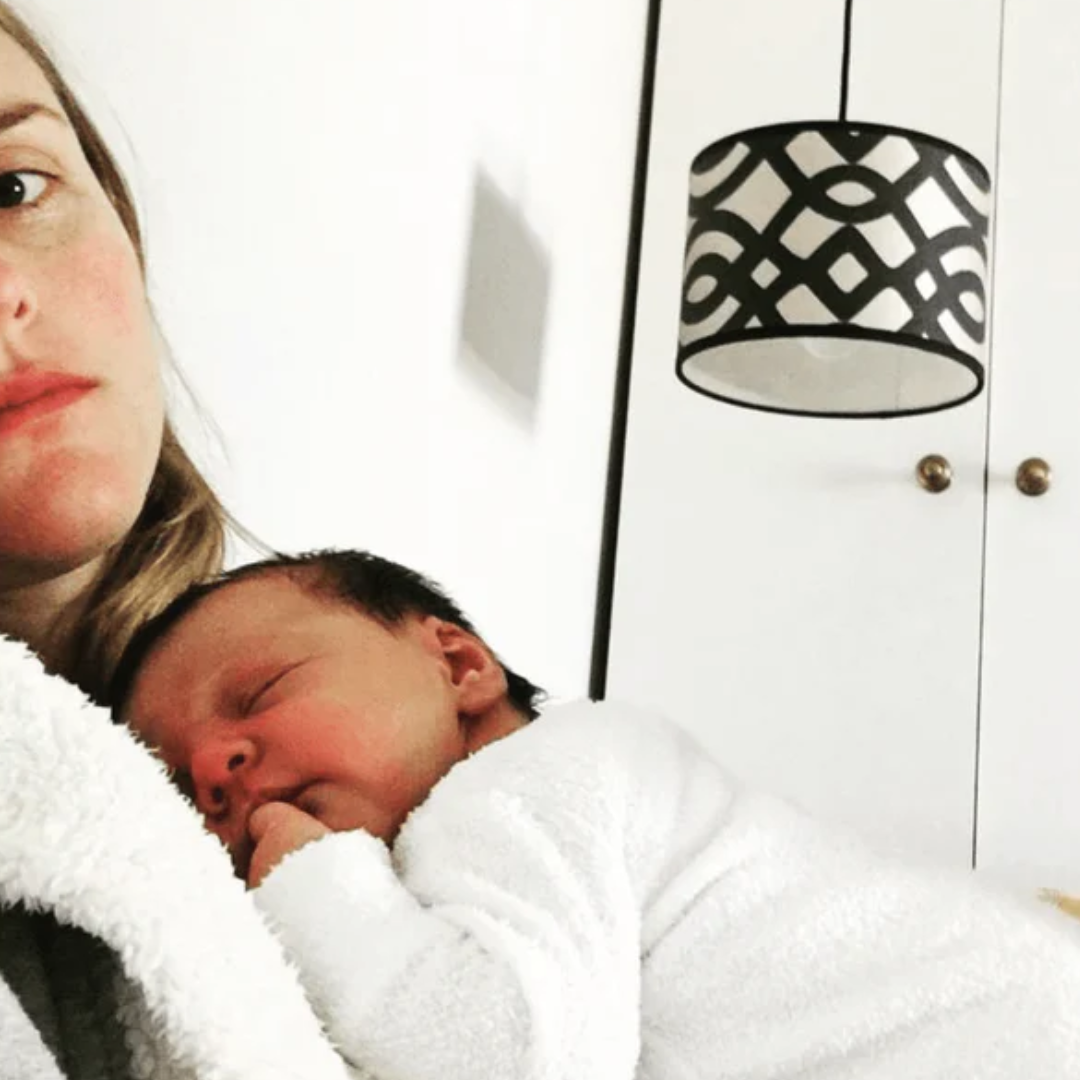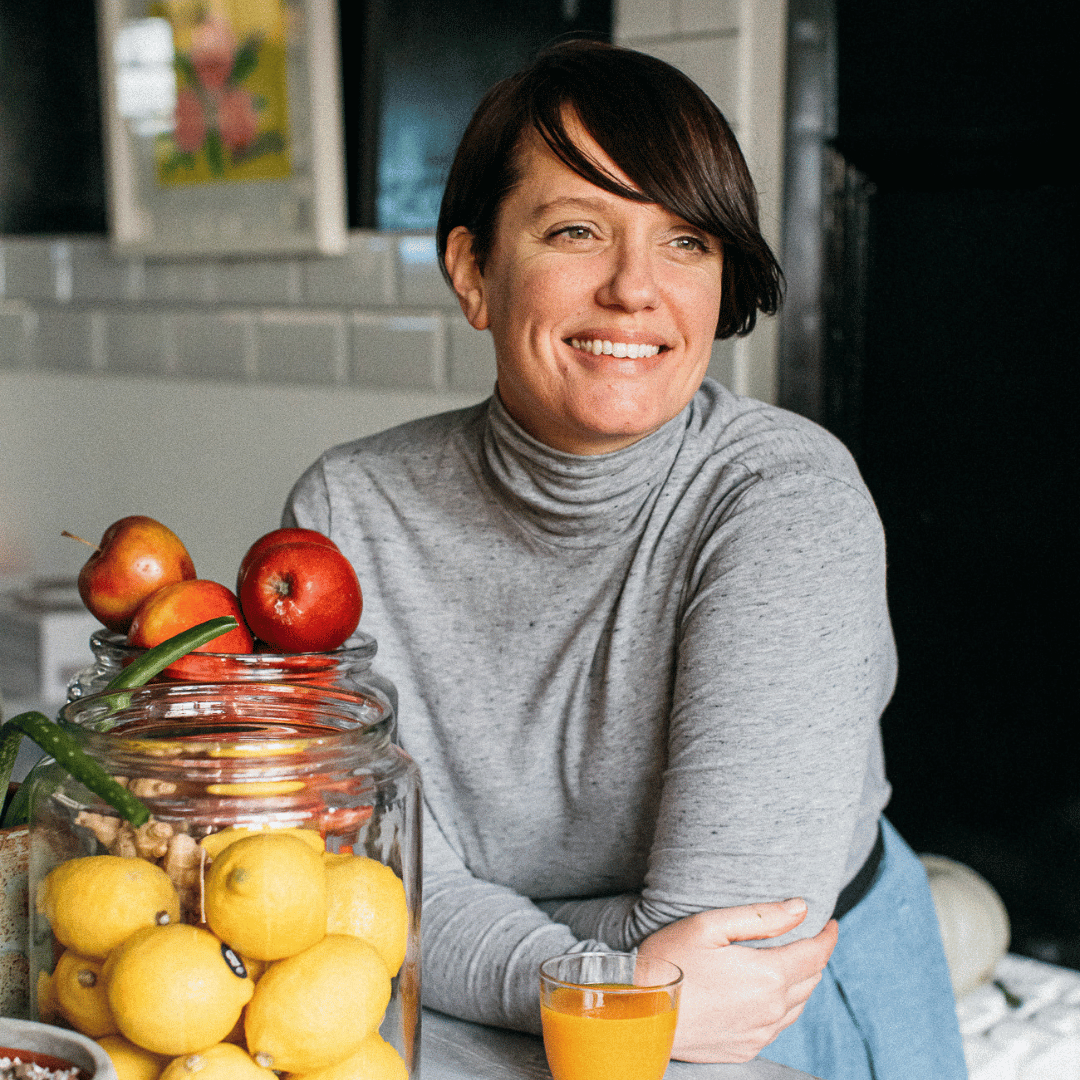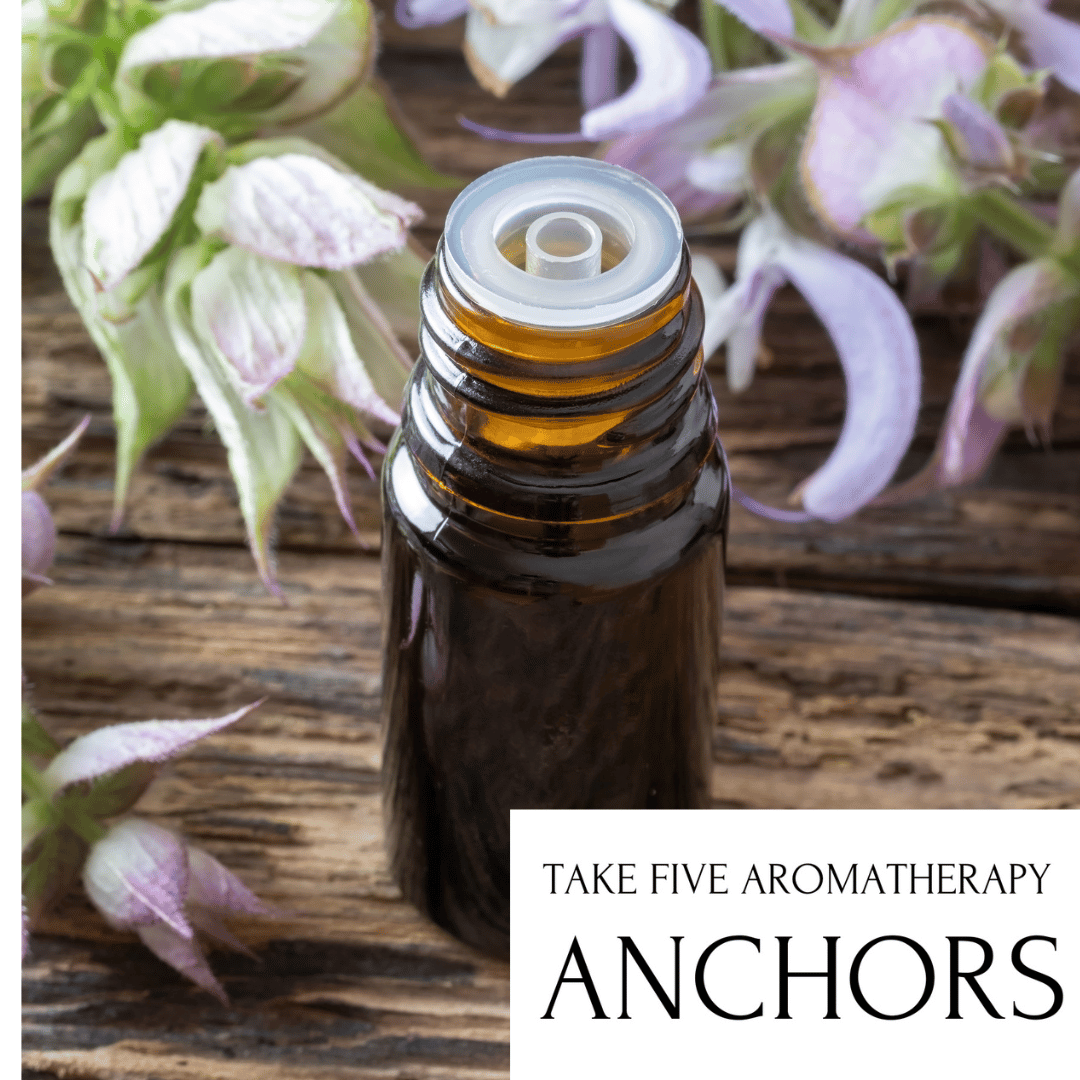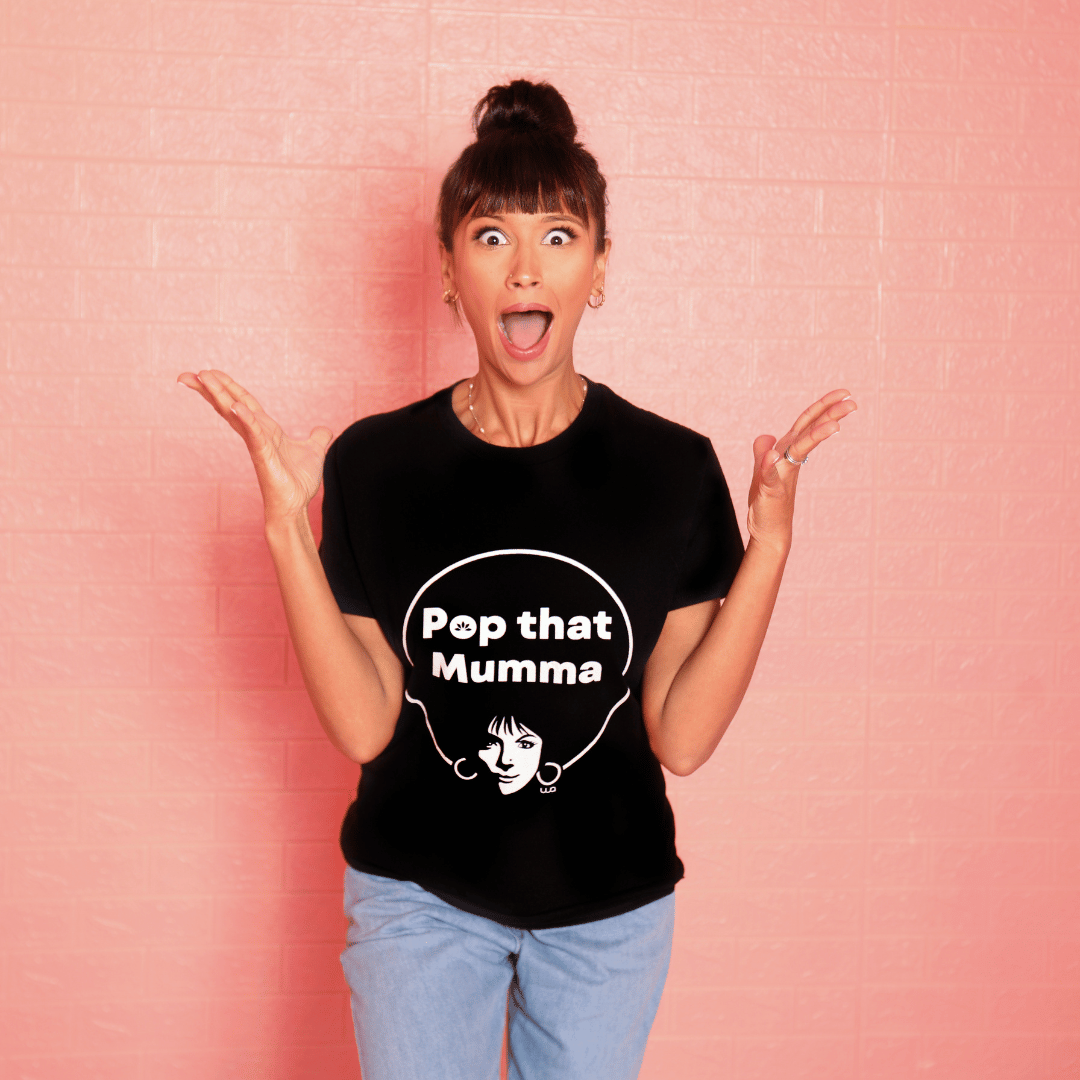Postpartum Recovery: The First 7 Days

The first week
The initial week following the arrival of your little one is a time of high emotion, lots of bonding, and taking things slow as you settle into a new rhythm. As you enjoy the comfort of your baby bubble and prioritise rest, it's helpful to be aware of what to expect in those first seven days. Understanding the physical, hormonal and practical adjustments that will inevitably unfold this week will help you feel prepared to conquer anything.
Home sweet home
Whether this is your first baby or not, coming home for the first time with them in your arms is always a big deal! If it’s your first, you may be faced with the prospect of having to learn to care for your little one as you go. It could be the first time you’ve even held a baby! This can feel daunting, exciting, and a little scary – all at the same time.
If you have other children at home who have just become a big brother or sister, introducing them to their new sibling can be nerve-wracking…how will they take it? What will their relationship be like? How can you go about ensuring everyone feels supported? After the birth, it’s a good idea to make your reunion with them a bit of a celebration. Sharing attention can be so hard, and this helps older kids to feel like they’re still your priority! You can also let them hold the baby safely and gently, so they feel part of the process, and not simply a bystander who is suddenly not the absolute centre of your world anymore.
Uterine contractions
An uncomfortable but common post-birth occurrence, particularly among women in their second pregnancy or beyond, is the intense pain of uterine contractions. As your uterus contracts back to its pre-pregnancy size, it can really hurt! It’s totally normal, but it’s definitely not pleasant. The discomfort may also be exacerbated by breastfeeding, which stimulates the release of oxytocin, further triggering the cramping.
While not everyone experiences uterine contractions, it’s important to be aware of what they are and why they happen, so you aren’t surprised by the pain. It’s advisable to carry painkillers like paracetamol to the hospital, just in case. And if necessary, don’t hesitate to request stronger medication. Additionally, a TENS machine is a good way of getting significant relief quickly, so it’s a good idea to keep one nearby for easy access. The good news is that uterine contractions tend to ease off within a few days, as soon as your uterus has contracted back down into your pelvis.
If you’re worried about any extreme pain you are experiencing post-birth, your midwife should be assessing for retained placenta. This is where some of the placenta remains trapped inside the uterus. It’s a very rare condition, but the symptoms are similar to uterine contractions.
All the check-ups
There are several medical appointments that will be scheduled to happen
during this first week, too. Within 72 hours of birth, your baby will have a newborn physical examination which is carried out by a healthcare professional. They will study the appearance and movement of your baby's eyes as they check for cataracts, which is a clouding of the transparent lens inside the eye. They will also check your baby's heart. This is done by observing your baby’s movements, feeling your baby's pulse, and listening to their heartbeat with a stethoscope. It’s worth noting that baby boys are checked to make sure their testicles are in the right place. During pregnancy, the testicles form inside the baby's body, but they may not drop down into the scrotum until a few months after birth.
On day 5, your baby will be invited for their newborn blood spot test – otherwise known as their ‘heel prick test’. A midwife will take a series of blood samples from your baby’s foot, and they will be checking for a range of conditions like sickle cell disease. Cystic fibrosis, and congenital hypothyroidism. None of which you need to worry about right now! This test is simply a precaution.
Counting sheep
When it comes to that beautiful and often elusive thing called newborn sleep, it’s
highly likely your baby will want to get their shut-eye on or as near as possible to you. This is completely normal – they have no idea they have been separated from you so it’s only natural for them to want to keep close. This can be utterly exhausting, especially if you have had a long birth and are desperate for some sleep. To cope with this, it’s a good idea to ask a friend or family member to come and look after your little one for a bit, so you can get forty winks. This will mean you can catch up on rest. Remember to have a plan for feeding – your support network should know to bring the baby to you for feeds if you’re breastfeeding, and this is likely to be every 2 hours or so in the early days.
Postpartum visitors
When you first have a baby, you become very popular! Everyone will want to come and meet your new arrival, which is lovely, but can be tiring. Have a think with your partner about when you’ll likely be comfortable to accept visitors, and then when you do start inviting people over, have an agreed time limit. We would suggest no longer than an hour per visitor. Finally, have a code word with your partner so that if you need to turf your visitors out early, or if they have overstayed their welcome slightly, your partner can politely usher them out or you can disappear upstairs to rest (taking baby with you!).
Postnatal bleeding
As your uterus contracts back down into your pelvis, you will likely experience post-birth bleeding, otherwise known as lochia. Bleeding can last for weeks and it shouldn’t be painful – you should contact triage if you start experiencing pain at all. You’ll need a multi-pack of post-birth pads (sanitary towels just won’t cut it!) and don’t be surprised if you still have light bleeding after a month or so.
Breastfeeding timeline
Lactation is the process your body goes through to produce breast milk after birth. On day 1 post-birth your breasts will make colostrum, and it’s likely you won’t even know it’s there. On day 3 post-birth your colostrum will start to change into transition milk. This is just the milk that is a mix of colostrum and mature milk (the breast milk you may be more familiar with). On day 3(ish) you could experience engorgement, which is a condition that occurs when breasts become overly full. Keep feeding through it if this happens, but if you’re worried, you can always reach out to your health visitor. On day 5(ish) your full or mature milk will come in, and you could experience more engorgement, and you will likely feel a bit weepy and very tired. Keep resting, keep feeding – and take everything a day at a time.
Seeking support
This blog was created by Lucy, antenatal educator and birth expert, and founder of butterbean. Winner of the Loved by Parents award 2023 for best innovative maternity product, butterbean is a trusted hub of empowering resources for new and expecting parents. Providing holistic care that’s tailored to your unique journey, butterbean offers a comprehensive hypnobirthing course, a midwife-monitored helpline, personalised pregnancy yoga sessions, and detailed feeding guidance. It’s inclusive of all journey stages and accessible on demand to suit your schedule. Put simply, butterbean is Lucy’s gift to you - from one Mum to another. To take a closer look, head to the butterbean website, or drop Lucy a follow on Instagram for regular top-notch content on pregnancy, birth, and beyond. You can find out more by visiting our website: www.butterbean.uk




Comments